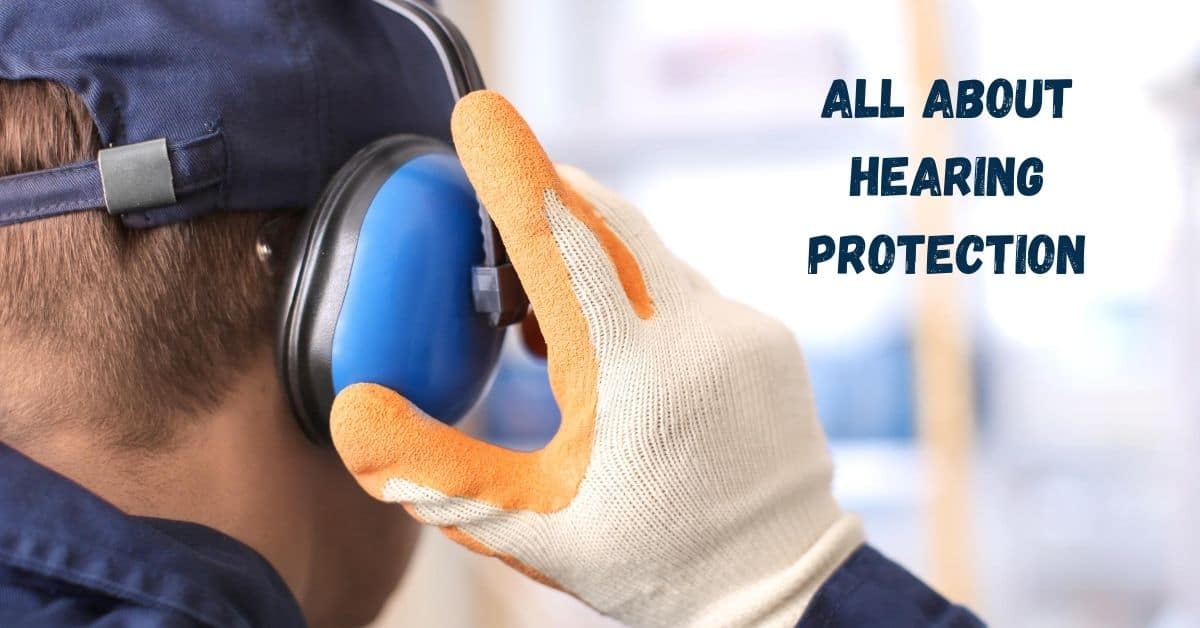- How to Recognize the First Signs of Hearing Loss - June 5, 2025
- Understanding the Connection Between Tinnitus and Weather - May 17, 2025
- The Most Unexpected Reasons Hearing Aids Can Malfunction - May 9, 2025
Did you know that most hearing loss can be prevented? Hearing loss can be caused by a wide variety of factors. Infections, bone deformities, head injuries, impacted ear wax and even some medications can all play a role in impairing your hearing. More than all these other factors however, hearing loss is caused by exposure to dangerous levels of noise.
Loud sounds can permanently damage your hearing, exposure to dangerously loud sounds throughout our life can add up to significant hearing loss. Because the root of so much hearing loss is noise exposure, it is important to understand that you can prevent most hearing loss by protecting your hearing around excess noise.
The Damage Noise Does
The human ear is incredibly dynamic and finely attuned to pick up a wide range of sound frequencies and volumes. This hearing acuity is created by tiny “hair cells” lining the walls of the inner ear and responding to the vibrations of passing sound waves. The triggering of a hair cell will send an electric signal to the brain that does the cognitive work of interpreting the sound.
While hair cells have evolved to work well for most everyday sounds we encounter, they are delicate and can be stressed beyond repair by the impact of loud sounds. The louder the sound, the quicker and more severely it can damage the hair cells of the inner ear.
Sadly, the body has no way to repair or regrow a hair cell – the ones we are born with are the same ones we will have our whole life. This is why noise-related hearing loss is irreversible. Once a damaged hair cell has been taken out of commission, it can never help you hear again.
Be Decibel-Aware
For many people, noise-related hearing loss develops gradually over many exposures to dangerous noise levels, but it can also happen near-instantaneously when a person is exposed to very loud sound.
It has been found that the threshold for hazardous noise levels is around 85 decibels, about the volume of a lawn mower or factory floor. At the level of 85 dB, hearing damage occurs after around 8 hours of continual exposure. This is especially relevant for those who work at loud job sites such as construction or on assembly lines, where an 8-hour shift requires hearing protection to avoid permanent hearing damage.
At louder volumes, hearing damage can occur much, much quicker. At around 105 dB, the volume of an average rock concert, hearing loss happens after only 15 minutes of exposure. Very loud sounds, like gunshots or fireworks, which hover around 120 dB, can cause instantaneous hearing damage if hearing protection is not used. Sounds that register over 130 dB will be instantly damaging and physically painful to the ear.
Protect Yourself
When your lifestyle exposes you to loud noises, it is important to have the proper protection to avoid hearing loss. Today there are a variety of options for hearing protection from disposable foam earplugs to custom-molded options.
Disposable foam earplugs can work to help mitigate loud sound exposure in a pinch, but they must be worn correctly and are not strong enough to block some levels of loud noise. To properly wear disposable ear plugs, the foam plugs should be compressed and rolled into a tight cylinder, inserted into the ear canal as deeply as possible and allowed to fully expand in the ear. Simply inserting an uncompressed foam plug in the ear canal without compression and expansion will not create effective noise muffling.
Custom molded ear plugs are reusable and molded to your specific ear canal. The exact fitting and custom material provide some of the best hearing protection available. For those who work or play around loud noises, custom molded hearing plugs are a long-term solution for keeping your hearing safe.
Ear muffs can also be worn for hearing protection, though they are less discreet and more bulky than ear plugs. Wearing ear muffs and plugs together can give you added hearing protection if you find yourself around very loud sounds.
Your hearing specialist can help you assess your hearing risk and connect you with appropriate hearing protection solutions to meet your needs. Looking for a place to start? Contact us today!

